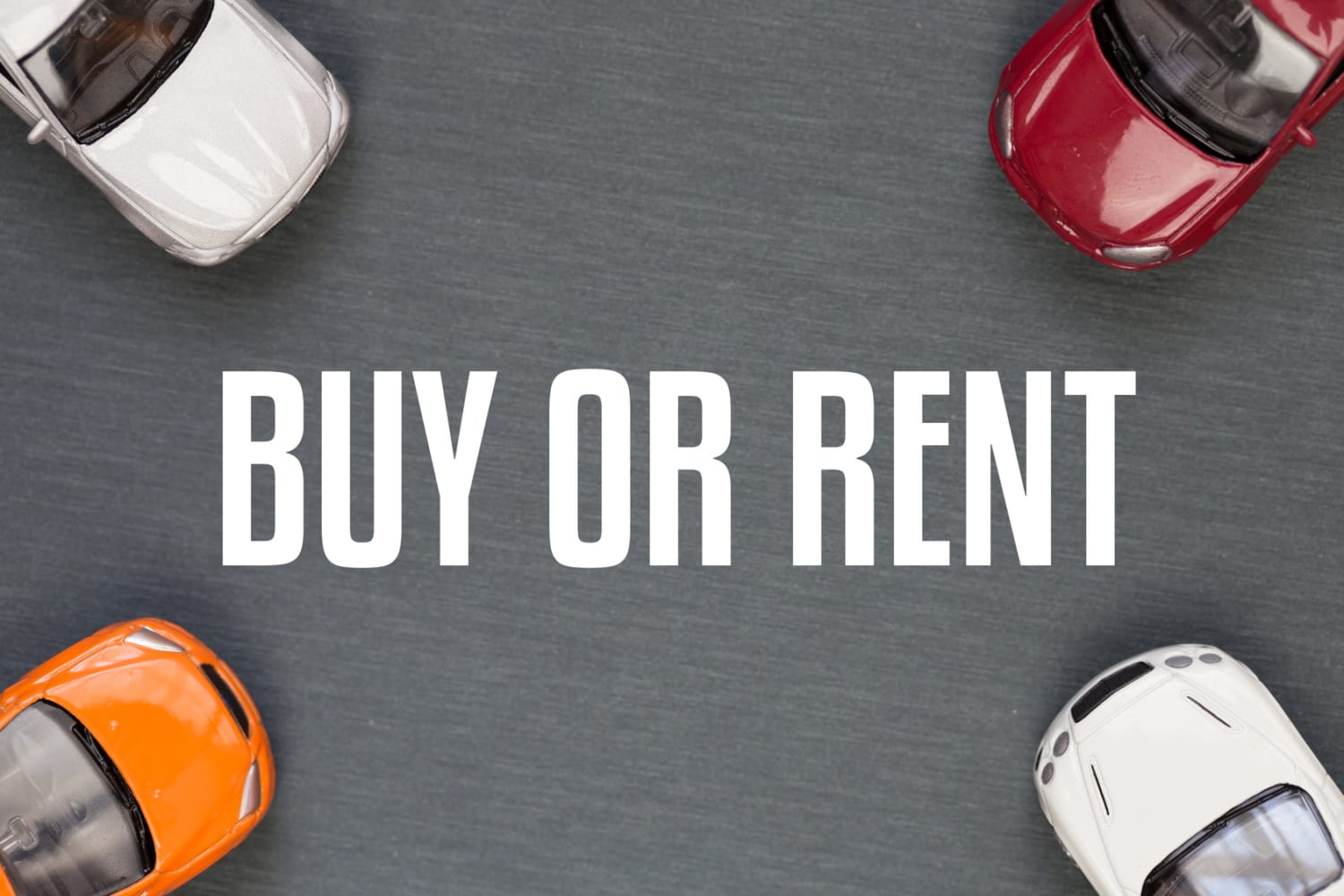Buying Vs. Leasing Vs. Renting a Car – All You Need to Know

For those of us lucky enough to reach a time in their life, whereby they contemplate a vehicle purchase, this article should be helpful. Regarded as one of the largest purchases you’ll make in your life, and perhaps the first of real consequence. Given the upfront and ongoing costs of purchasing and maintaining a vehicle, the decision to acquire one can give many heartburn. Gas, repairs, depreciation of value; there are several factors that can cloud your judgement, or even prevent you from purchasing a vehicle.
EINSURANCE wants to arm you with as much information as possible, so you can
- Take comfort in your car purchasing decision.
- Not bury yourself in debt.
So Many Options…
Technology has been injected into every facet of our society, car manufacturing included. As a result, vehicle options range from combustible engine with no bells and whistles, to an electric car with a built-in computer that rivals those in most homes.
The costs associated with a respective vehicle are positively correlated with the amount of technological capabilities/advancements it carries. Unfortunately, repair costs are too. To add even more complexity to the car purchasing decision, there are now several ways you can own a vehicle. The traditional way of outright purchasing a car, either through cash on hand, or financing; you can lease the car, which typically includes an upfront fee along with monthly installment payments; or the most recent form of ownership, car-sharing. It’s essentially car-on-demand. Thus, you only pay when you use the vehicle.
Buying Vs. Leasing Vs. Renting a Car – Pros and Cons
First Option: Buying a Car
The vehicle ownership process most are comfortable with happens to be the one that has been around the longest, an outright purchase of the vehicle. The benefits being:
- Convenience– You can drive whenever you wish.
- True Ownership– Since you purchase this asset, you can effectively sell it at any point. Although most vehicles do not appreciate in value (at least not in the years directly following its manufacture date), any value you receive from selling the car, offsets the total cost you have paid for this asset.
The other side of that same coin are the costs of ownership:
- Cash outflow– Whether you pay in all cash, or finance the car purchase, the total cash paid will be substantial.
- Ancillary costs– Some of these costs are mandatory, such as insurance, however, some are dependent on your driving habits and the type of car, such as tickets or repairs/maintenance.
Second Option: Leasing a Car
The next ownership process that is just as popular as outright purchasing a vehicle, is leasing one. Although under this scenario you receive the benefit of convenience, you do not own the asset (vehicle), thus any value that can be recouped through a sale, is lost.
You also endure the same cash outflow and ancillary costs as those present in an outright purchase.
Third Option: Renting a Car
The newest avenue to a vehicle purchase, is to share one. This notion of car-sharing has built significant momentum in recent years, driven by companies such as Zipcar and Car2Go. Although you do receive a modicum of convenience regarding when you drive; given you’re utilizing a shared vehicle, you’ll need to travel to an agreed location to pick up / drop off the car.
Similar to the leasing option, you also won’t enjoy ownership rights to the asset, thus, any value that could be recouped through a sale is lost. Unlike the other two options regarding purchasing a vehicle, this one limits the out of pocket costs to simply paying for a car when you need it.
You’ll also pay for tickets, but other ancillary costs such as insurance and maintenance are included in the rate you pay for the car.
Buying Vs. Leasing Vs. Renting a Car – Cost Benefit Analysis
Past analysis has shown us that the 2019 Subaru Impreza provides the best value regarding purchasing a new car (see here). Thus, for the purposes of our discussion, we use this vehicle as the one we would purchase or lease, then a vehicle of comparable quality for the car-sharing scenario. We also assume that our time horizon is five years. Under each scenario, we set out to find the ‘true cost’ of the vehicle. Whereby ‘true cost’ is defined as the cost to purchase/lease/rent the car, less any cash inflows.
Under the scenario of purchasing a car outright, we found that the true cost is $3,458 (assumes an MSRP of $18,595 and resale value of $15,137).
For the same vehicle, we found leasing terms of $1,999 down, plus $185/month1. Which totaled $13,099 of true cost after five years.
We utilized Zipcar pricing to provide us data for the car-sharing scenario. Zipcar’s Honda CR-V is a comparable vehicle to the Subaru Impreza and is priced at $89/day.
Assuming you drove one day out of the week (the equivalent of 6.8 hours at $13/hr, which is the hourly pricing for the same vehicle), your total cost would be $21,360. Note that this cost includes insurance. Assuming insurance is $1,000/year, that total then becomes $16,360. In conclusion, we are faced with the following:
| How you pay for vehicle | True Cost | |
| 1. | Purchase Option | $3,458 |
| 2. | Lease Option | $13,099 |
| 3. | Rent (Car-Share) Option | $16,360 |
As you can see, purchasing a car is by far the most cost-effective option. Taking ownership of the asset, especially when the car being purchased can retain its value, is a prudent choice. Although car-sharing bills itself as only paying when you drive, if used as a long-term solution, it can become quite expensive.
Buying Vs. Leasing Vs. Renting a Car – Key Takeaway
Purchasing a vehicle always comes with a host of emotions, anxiety being one. The analysis above shows that buying a car, either through cash or financing, is your best option in the long run.
Make sure to incorporate your specific circumstances into your decision. For example, will you need a car a year from now, does the car you’re considering retain its value, or if you actually need that computer in the middle console.
Whatever you choose, thanks for allowing us here at EINSURANCE, to help you along the way. If you want to buy affordable car insurance after you buy or lease your first car, remember to compare car insurance quotes before you make final decisions.

 EINSURANCE
EINSURANCE EINSURANCE
EINSURANCE EINSURANCE
EINSURANCE